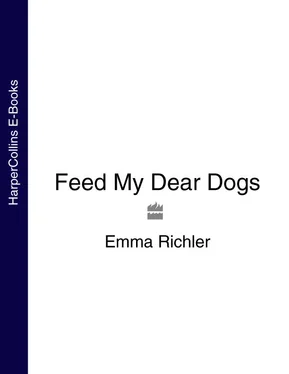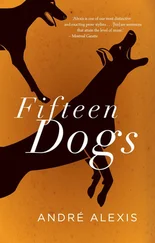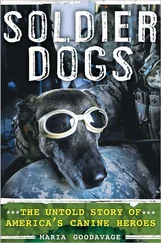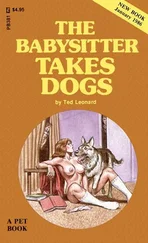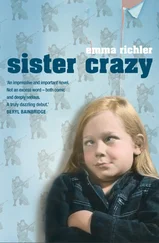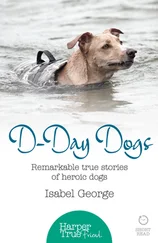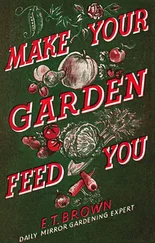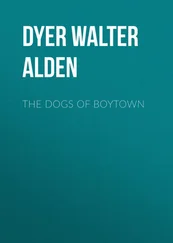1 ...6 7 8 10 11 12 ...35 King Arthur must have felt this way too one day, thinking, OK, that’s enough knights, no more knights! King Arthur was very welcoming, and anyone brave and fine with good works in mind could come along and be a knight at his Table, and then the other knights would squish up to make room, while, of course, there were a few casualty knights making room for unhappy reasons (demise), but I do not see this accounting for all that many free places. There cannot have been endless space at the Round Table. In Arthur’s heyday, perhaps there was standing room also, but a great king ought to keep track of his knights, otherwise things will get slapdash and he might mix up everyone’s names, simply too tired to pay attention to each knight as is befitting, due to overcrowding of knights, with some of the more complicated ones, the softy knights, growing offended consequently, kind of hurt and dithery and likely to slip up on the job, I don’t know. It could happen so quickly.
I have borrowed Ben’s King Arthur book and it is the real thing, written nearly five hundred years ago and it has a French title, which is quite unusual, as the book is in English. I have read a few versions so far but they are not the real thing, the way those Bible storybooks for little kids with a lot of coloured drawings of animals and flowers and smiley types in tunics wandering about the countryside are not the real thing, and a bad mistake in my opinion, inviting high hopes and confusion. How are you going to break it to little kids as they grow up, that the Bible is not about farmyards in warm countries but a story featuring plenty of death and war and leprosy and so on? It won’t be easy, and I’ve seen it, how when the time comes to talk about strife in the Bible, nuns try to nip on by the strife parts and head straight for the miracle parts, because the bare facts have become a problem for them.
Take that twin brother story, the one about the sons of Isaac, Esau and Jacob. The Esau and Jacob story is really not hard to take for little kids, but the nuns make a right mess of it, thinking the only way to make it OK that the younger brother (Jacob) goes in for a passing phase of criminal behaviour is to say that the older brother (Esau) had a terrible personality and was extremely hairy, resembling a beast, making it OK what Jacob did, buying his land for only a few pence and then disguising himself by wearing a hairy jacket so their father would mistake him for Esau and give him a blessing as the firstborn, which is a top important blessing, and ought to have gone to Esau, but Esau is very hairy and not all that smart, making everything OK but very confusing for kids regarding men and beasts, and land deals, and whether or not hairy = bad. What a mess.
Mum cleared this story up for me in no time and here’s how I see it. Jacob slipped up due to extreme youth. It’s forgivable. He fell into criminal activity because he did not know how to come out with it plain, how he is a leader of men and Esau is not, and maybe Jacob should get the firstborn blessing so he can get on with being a leader of men. Plus, Esau is only interested in hunting, he is not one bit interested in farming and being a leader of men, meaning he and Jacob can shake hands in later life, and bury the hatchet, because Esau is happy with the turn of events, free now to hunt at all hours with no other responsibilities, reminding me of Westerns, where there are two main types of cowboy, the homesteader-farmer type and the hunter-cattleman type, and the homesteader is usually more sensitive, and has a long-term view of matters, whereas the cattleman is always rushing around on horseback and shooting from the hip, as the saying goes. A hunter is prone to rash behaviour, and excitable activities, deep thinking is simply not his bag, and this is how I will break the story to Harriet when the time comes. I cannot leave it to nuns. The Bible ought to be a nun’s best subject, a real thing and not a story about farmyards in warm countries, but this is clearly not the case. Oh well.
Ben’s King Arthur book is definitely the real thing, and it is very good. It is complicated.
‘Jem, you’re a bit young,’ Ben says, handing over Le Morte D’Arthur . He says it gentle, not bossy. ‘You’re not ready’
‘I’m ready, Ben.’
‘Well, remember the glossary at the back, OK?’
‘Glossary?’
‘See? See what I mean?’
‘What? See what?’
Here is why the book is complicated. 1) There are 999 pages in it. In two volumes comprising XXI Books comprising maybe 35 chapters each, though every chapter has a handy headline at the beginning, announcing the main topics and events therein, which is very helpful, without spoiling the suspense as you might suppose. 2) There are odd words here, ones not in the dictionary. If Ben is passing, he will help. Or I can flip to the glossary at the back, which is sometimes no help, as I have to look up the meanings of meanings, there being an example of this straight off, right there in the ‘a’ list.
Assoil v. to absolve.
I skip down the list. Ubblye n. oblation.
Then there are words with two separate meanings, completely different ones. Memorising these is recommended, so you only have the one job of picking the right meaning, and no second job of flipping to the glossary also. Example: wot v. to know/to blame. Whoa! It seems to me knowing a person and blaming a person are completely different things. Maybe not.
When you have to look up the meanings of meanings, and memorise at least some, so you can read a few pages in peace without filching in the glossary, and/or getting up for a dictionary every two minutes, things are complicated, but I don’t care, I am in a fever to learn this book and reach the parts Ben has already read out to me, such as the part about the Round Table and how it is symbolic, which is how I can sort this problem of too many knights and concentrate instead on symbolism, how King Arthur flung his arms open wide in a welcoming and heartfelt manner that is a bit symbolic, with no stampede of knights or anything, no dangerous overcrowding, a bad scene caused by my dodgy thinking, my concentration on numbers and hard facts instead of symbolism also, and you have to go for both ways of thinking, or else you get mixed up and depressed.
I race ahead to the place Ben marked for me because I like it so much, the Round Table part which is also the Queen of the Waste Lands part, and I remember her especially because of the stupid thought I had at the time to do with nuns, and how they are always threatening me with starvation, pointing at my plate in an accusing fashion, at remains of spam and peas, or smears of rice pudding and rhubarb I am trying to hide under my cutlery, food I am WASTING, a terrible sight for a nun, and all she needs to get going with speeches on starvation in far-off lands, and that is what I saw the day Ben read to me about the Queen of the Waste Lands, a sad and angry nun waving her arms in the night sky, over a field of terrible waste, of spam and peas stretching to the horizon, out of reach of the starving children of India, and it is all my fault. Sorry, Sister.
The Queen of the Waste Lands is a recluse, having fallen on hard times. She used to have the most riches in the world and now she has Waste Lands, and this is symbolic, I believe, and to do with war and grave human failings, which is what she muses upon in her recluse, recluse being a person AND a place, she muses upon grave human failings and related topics, chiefly the Holy Grail, and who will find it, and will it be found, etc. OK. When she meets Perceval, who has dropped into her recluse for some road directions, he doesn’t know she is his auntie, maybe because she has undergone physical change in her new life as a recluse, or because they never met before, I don’t know. Never mind. When this matter is cleared up, she asks Perceval has he heard from his mother lately. When heard ye tidings? She asks, which is kind of a trick question, because she knows perfectly well Perceval’s mother died from grief, waving goodbye to her son as he bashed off to join the Round Table, but she won’t say so, no, she waits for him to say he has had no tidings, except in dreams. I dream of her much in my sleep, he says. And therefore, he adds, I wot not whether she be dead or alive.
Читать дальше
